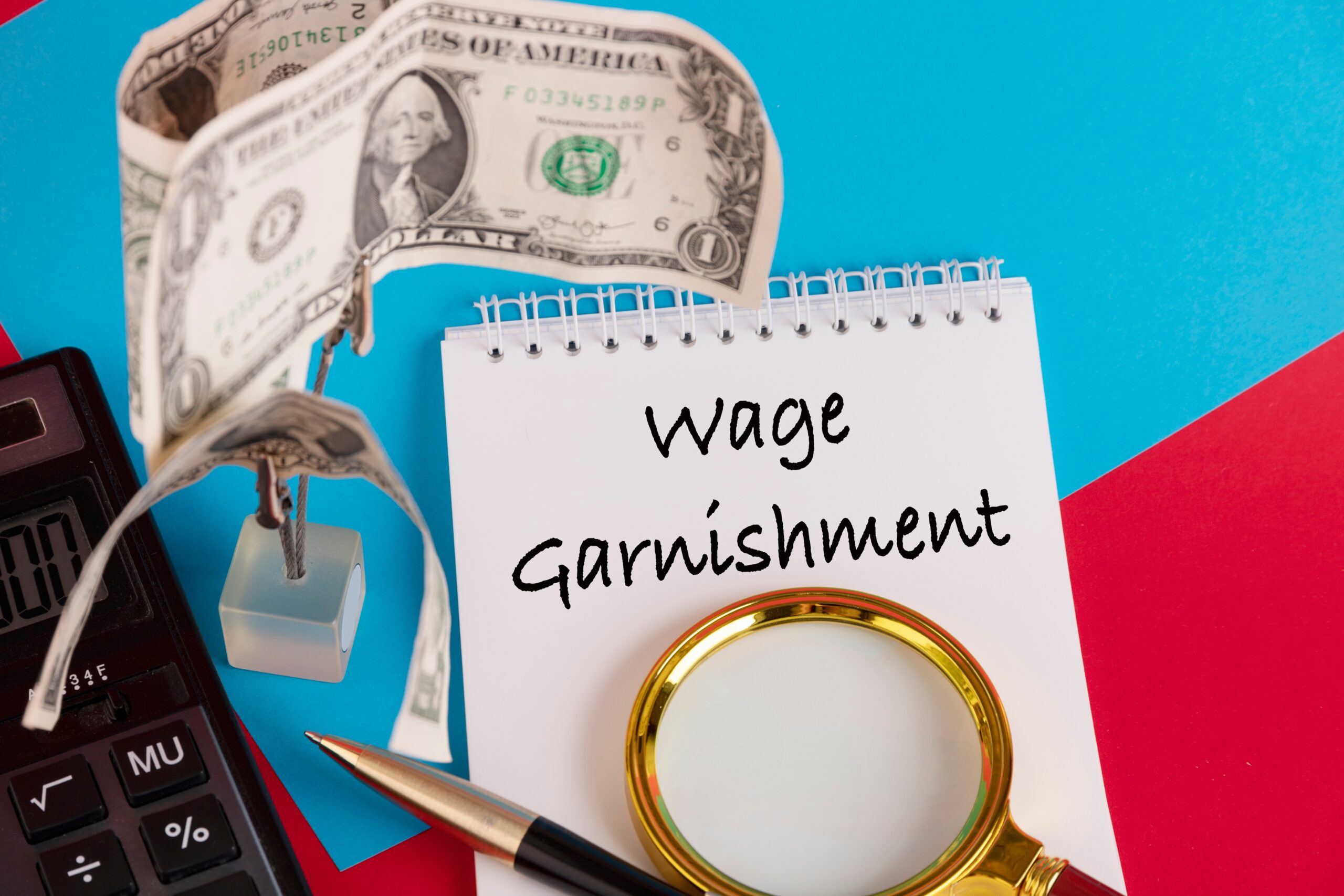
You work hard for your wages. But the money you earn to support yourself and your family can be taken away if you owe unpaid debts and your pay period has expired. This can be done by wage garnishment, a legal process wherein a creditor can collect the payment for the debt you own directly from your wages or bank account. This process is initiated by a district court order, which usually directs the 3rd party, that is, your employer, to withhold a portion of your earnings and send it to the judgment debtor until your debt is satisfied.
When a wage garnishment order is issued, your ability to support your family and your social security is threatened, making an already difficult financial situation worse as you fall even more behind in your obligations.
Now, if you are threatened with or living under the overwhelming burden of a wage garnishment, there is hope. At Warren & Migliaccio, we understand the stress, anxiety, and challenges that follow a wage garnishment. Fiercely committed to the well-being of our North Texas clients and their families, we use our experience and tenacity to resolve and remove wage garnishments and position clients for brighter futures. Contact us at (888) 584-9614 for a no-cost, no-obligation consultation.
Who Can Garnish Your Wages in Texas?
The creditor can collect what is owed to them directly from the judgment creditor’s wages or via bank garnishment vide a court order. Private creditors such as credit card companies, banks, mortgage lenders, and debt collection agencies may seek a court order to garnish the wages of the debtor. Additionally, if there is Unpaid Child support or unpaid alimony, then that can also result in garnishment of wages.
On the other hand, federal, state, and local government entities can also garnish wages for various public debts like non-payment of taxes or unpaid student loans.
It is important to note that Texas state law limits who can garnish wages and how much can be taken from each paycheck.
What Is The Wage Garnishment Law in Texas?
Most creditors in Texas cannot garnish your wages, except for court-ordered child support payments and spousal maintenance. Texas employers must comply with garnishment orders for federal debts like federal student loans and taxes. There are various types of debts for which wage garnishment can be done in Texas:
- Court-ordered child support and spousal maintenance (alimony)
- Income taxes
- Defaulted federal student loans
- Out of State Judgments that have been domesticated in Texas from a state that allows Wage Garnishments
What are the Garnishment Limits for Child Support, Federal Student Loans, and Taxes?

The Federal law has set limits for wage garnishment for child support, with different percentages based on circumstances.
- Under Texas law, up to 50% of disposable earnings can be garnished for domestic support obligations like child support or alimony.
- The U.S. Department of Education or its collectors can garnish up to 15% of wages for defaulted federal student loans.
- The IRS can garnish wages for unpaid taxes, with exemptions based on deductions.
How to Stop Wage Garnishment In Texas?
One of the best and recommended options for stopping garnishment is filing for bankruptcy. Filing for bankruptcy does not merely mean providing temporary relief from wage garnishment, but it also deals with your money problems head-on. Upon filing the bankruptcy petition, the court grants an automatic stay which forbids any creditor from garnishing wages. The district court order also stays on foreclosures, repossessions, lawsuits, and collection calls
While domestic support and student loan obligations generally cannot be discharged in Chapter 7 bankruptcy, most of your other debts, including qualifying back taxes, credit card debts, and medical bills, can. You can also file under Chapter 13, which allows you to reorganize your debts into a 3-to-5-year payment plan you can afford.
Frequently Asked Questions
Can My Bank Account Be Garnished in Texas?
Yes, a creditor can garnish a bank account in Texas if they have won a lawsuit and have a court-issued writ of garnishment.
Can an Employer Fire You Over a Wage Garnishment?
No, as per the Consumer Credit Protection Act (CCPA), your employer cannot fire you over a wage garnishment. Texas law prohibits employers from firing, disciplining, or refusing to hire an employee because of a wage garnishment.
How much of your wages can be garnished?
In Texas, the amount of your wages that can be garnished varies with the type of garnishment needed, such as:
- For child support or alimony, up to 50% of disposable income can be garnished.
- For student loans, up to 15% of disposable income or 30 times the minimum wage can be garnished.
- For federal back taxes, the amount withheld depends on the number of dependents and the deduction rate.
Not every creditor can garnish your wages in Texas. Wage garnishments are only allowed for the following debts:
- Unpaid child support
- Unpaid spousal maintenance
- Unpaid taxes
- Delinquent student loans
- Texas domesticated Out of State Judgments from a state allowing Wage Garnishments.
How Can We Help Relieve the Burden of a Wage Garnishment?
Fortunately, Texas law prevents employers from terminating an employee because of a wage garnishment. But that doesn’t make life easier if your take-home pay no longer meets your needs and obligations.
Our attorneys have extensive experience helping North Texas families with wage garnishments, negotiating resolutions to restore their earnings, or seeking bankruptcy protection when that offers the best path forward.
If you are living with a wage garnishment or have other problems related to overwhelming debt, we are ready to assist you. Warren & Migliaccio is here to support you every step of the way. Get in touch with us at (888) 584-9614 to schedule your complimentary initial consultation.

